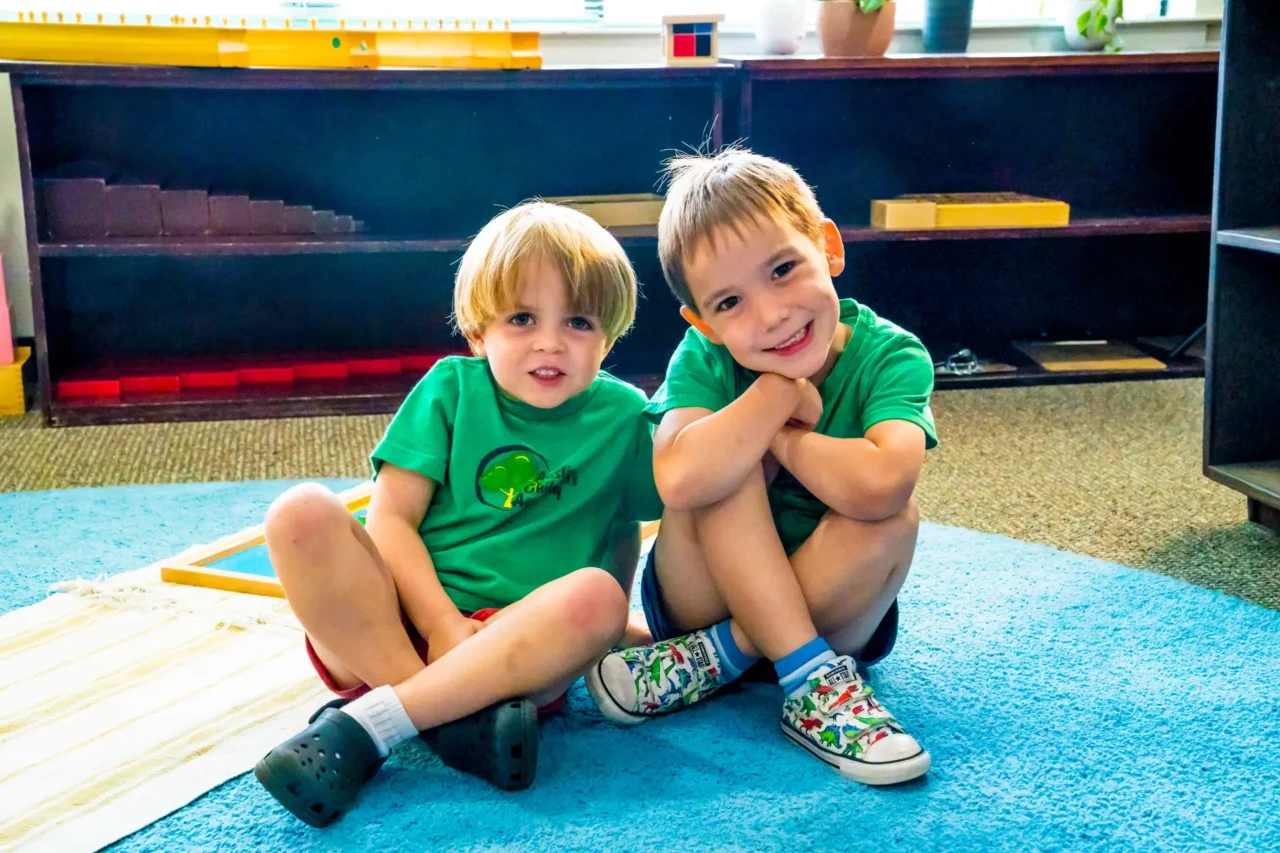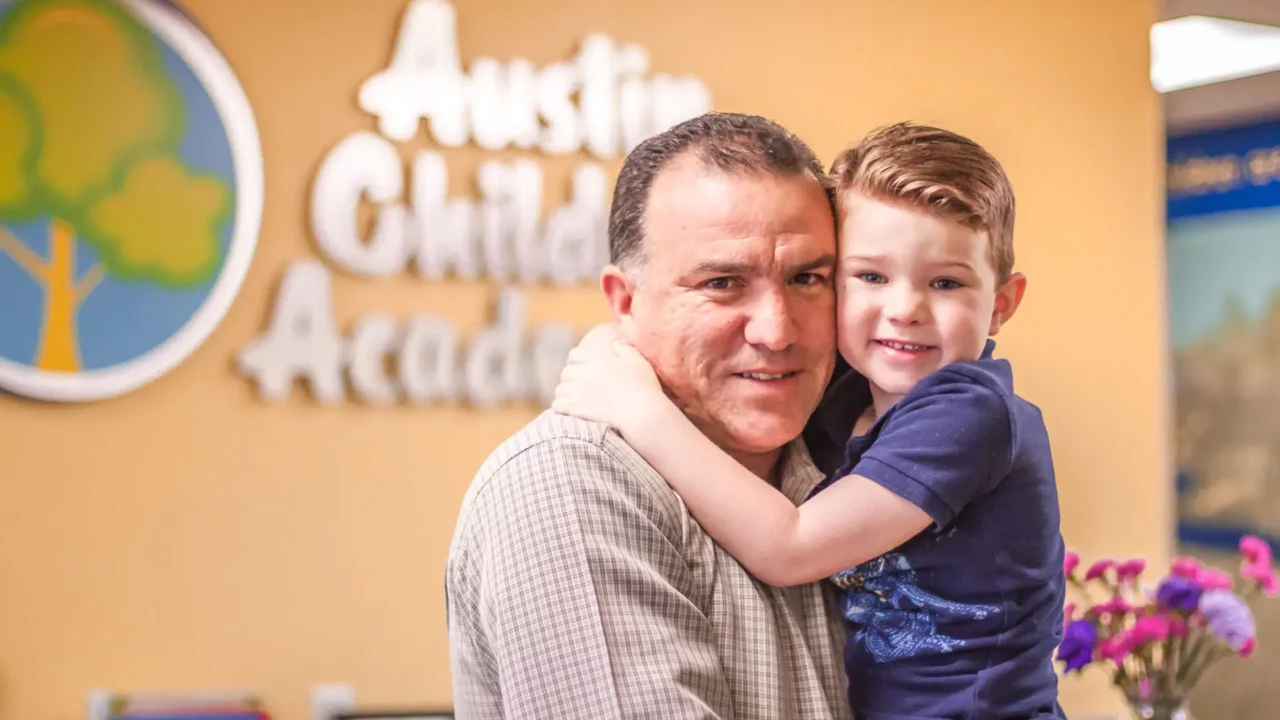
Perhaps this scene plays out every weekday morning. You’re getting ready to bring your child to school. You’ve cut the crusts off his sandwich and put it in his lunch. You’ve helped him with homework and slipped on his backpack. He’s putting on a brave face, but in the car he’s nervous, complaining of a stomachache, maybe even asking to stay home. When you arrive at school and walk him to his classroom, he bursts into tears.
Your child is sobbing, and your heart is breaking. What can you do?
Separation Anxiety
It’s completely natural for preschool children to experience some level of separation anxiety when they first start school, enter a new school, return from an extended vacation or long sickness, or start a new academic year. Even for adults, new experiences, people, and places can invoke worry. Young children are experiencing the force of these worries for the first time, so it’s no wonder they’re overwhelmed.
If you believe separation anxiety is the cause of their distress, consider these remedies:
- Allow the child to bring a comfort toy, like a stuffed animal, into the classroom.
- Arrange for after-school play dates with classmates, so your son or daughter can look forward to seeing a friend.
- Reassure your child that you or a loving caregiver will pick him or her up directly after school, and hold true to the promise.
- Make up a brief but fun good-bye ritual, such as singing a short song or doing high-fives before leaving.
- Try to suppress your own anxiety at the separation. A parent’s calm and confidence is contagious.
- As harsh as it seems, lingering to comfort a crying child only heightens their worries, because the difficulty lies in the transition.
Often, children with separation anxiety calm down quickly once the routine of the school day begins. Ask their teacher if that’s the case with your child.
What’s The Worry?
Separation anxiety is the most common cause of school day jitters, but it’s not the only one. There may be moments during the day that raise a child’s anxiety level. Perhaps your child is jealous that a younger sibling gets to stay home. Perhaps the chaos of an open playground makes them nervous. There could even be conflicts with a classmate.
Try to drill down to what is really bothering them by asking your child questions like:
- What is the best thing that happened at school today? What is the worst?
- Sometimes when I’m worried, I get stomachaches like you do. Is there something you’re worried about?
- What’s the hardest thing you did in school today? The easiest?
- Sometimes when I cry it’s not because I’m sad but because I’m afraid. Is there something you’re afraid of?
In most cases, a child’s anxiety will ease over time as they become more familiar with the school and the routine. Whatever your concerns, never hesitate to contact the teacher to discuss your child’s behavior and the classroom dynamics to make sure their school experience is the best it can be.






